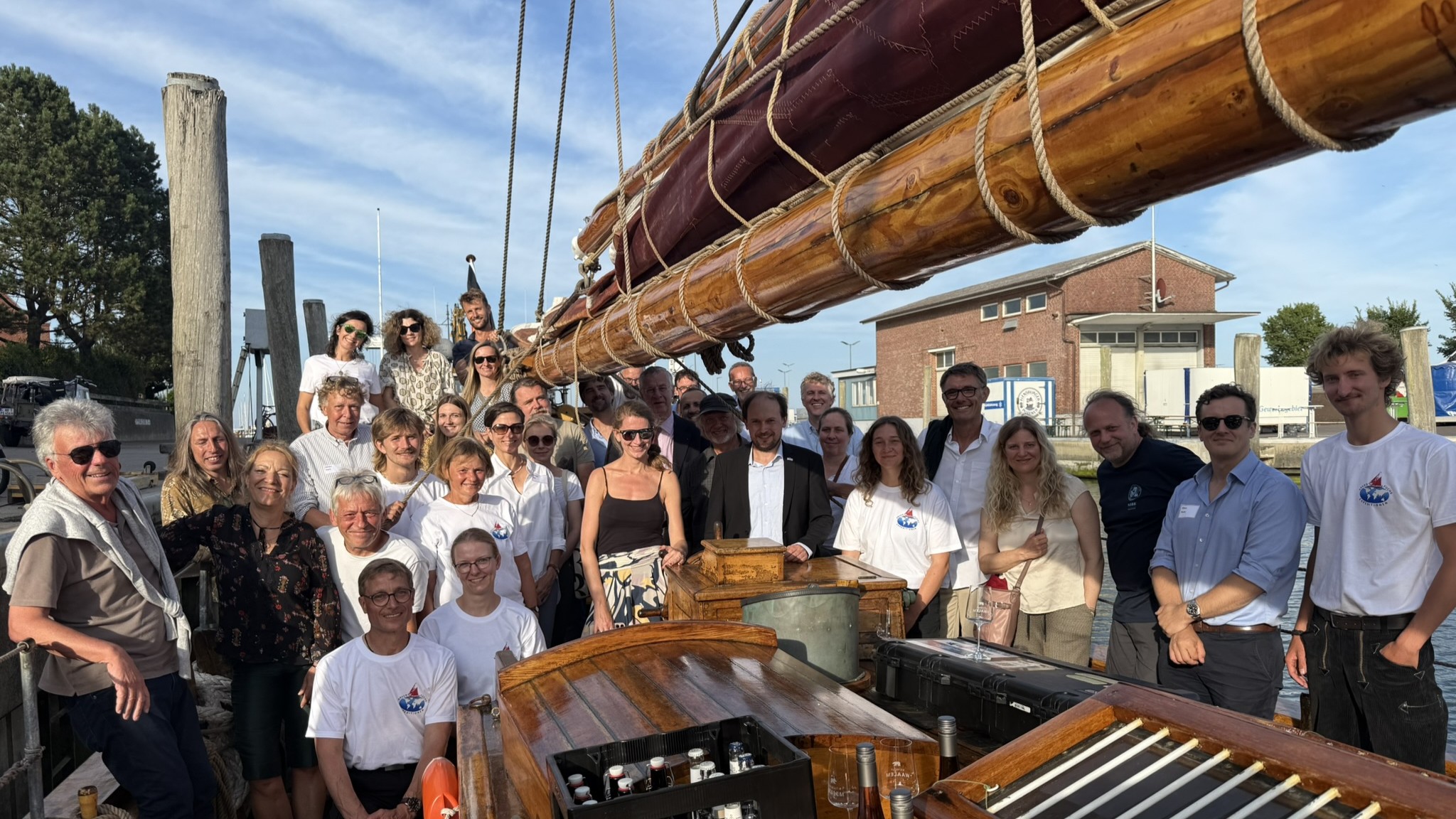Experts from offshore sailing and polar science communities gathered on 19 and 20 July on Föhr (Germany) to resume the exchange on environmental impact, best practices and complementary expertise initiated at the Arctic Circle Assembly last year. The two-day seminar was dedicated to outlining the opportunities floating and sailing platforms can provide for the coordinated collection of scientific data in polar oceans. The workshops concluded on key elements that will provide a strong foundation for a white paper and consolidate best practices and sustainability efforts.

Co-organised by Swiss Polar Institute, Alfred-Wegener Institute and Fondation Albédo pour la Cryosphère, the seminar gathered a large international group of experts from sailing, science and logistics communities including Activ Expedition Foundation, Antarctica InSync, British Antarctic Survey, Dagmar Aen, EPFL, Eugen Seibold, European Polar Coordination Office (EPCO), Forel Heritage Association, Genoscope, GEOMAR Helmholtz Centre for Ocean Research, INTERACT, Max-Planck-Institute, Monterey Bay Aquarium Research Institute, Perseverance and Team Malizia.
The workshops covered case studies, forthcoming projects and initiatives such as Antarctica InSync, with a strong focus on methods and technologies enabling sailing and floating platforms to contribute to coordinated and synoptic data collection. The dynamic exchange and shared expertise helped outline key scientific themes and sensing technologies needed to maximise the scientific output in polar seas while reducing the environmental burden of fieldwork. The seminar wrapped up with key elements that will be elaborated in a white paper, and an open discussion on the importance of funding, logistics, communication and outreach.
Related content: